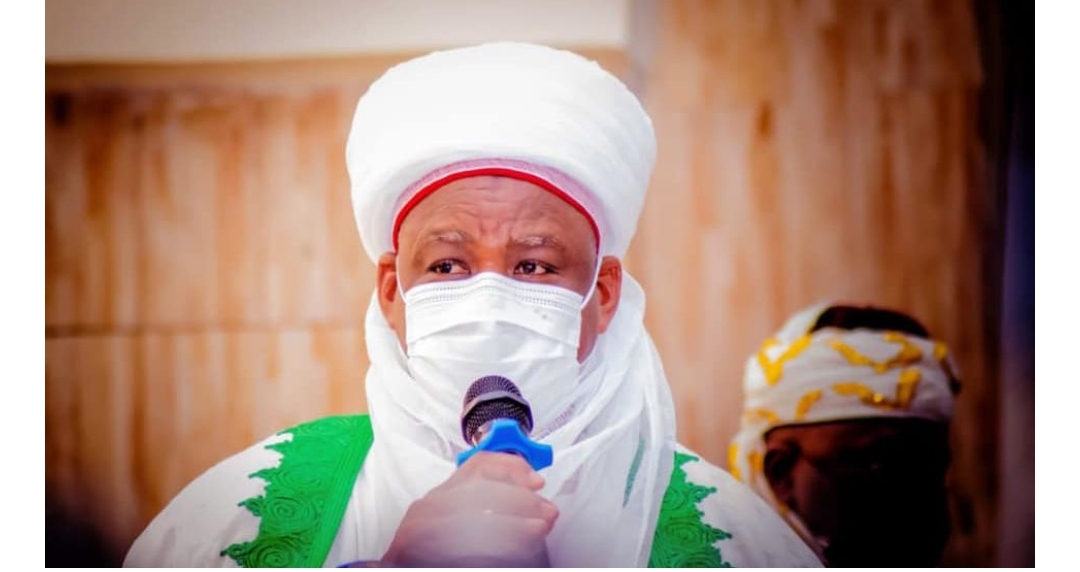The holy fasting month of Ramadan will begin in Nigeria on Thursday, the Sultan of Sokoto, Saad Abubakar, has announced.
Mr Abubakar, who doubles as the president of the Nigerian Supreme Council for Islamic Affairs (NSCIA), said this in a broadcast Wednesday night.
The announcement followed the sighting of the crescent moon in various locations in Nigeria, according to the National Moonsighting Committee.
“The Sultan felicitates with the entire Muslim community on the auspicious occasion of the forthcoming 1444AH Ramadan Fast,” a statement by the monarch said.
He prayed that Allah spares the lives of every Muslim to participate in the exercise and to maximize the benefits therein.
Earlier, the Ramadan crescent (moon) was sighted in Saudi Arabia and other countries around the world.
Ramadan is the ninth lunar month of the Islamic calendar observed by Muslims worldwide as a month for fasting, prayer, reflection and assisting the needy.
Throughout the month, observing Muslims fast from just before the sunrise prayer, Fajr, to the sunset prayer, Maghrib.
The fast entails abstinence from eating, drinking, smoking, and sexual relations to achieve greater “taqwa”, or consciousness of God.
“Oh you who believe! Fasting is prescribed to you as it was prescribed to those before you, that you may learn piety and righteousness,” Qur’an 2:183 stipulates.
Fasting is one of the five pillars of Islam, along with the Muslim declaration of faith, five daily prayers, charity, and performing the Hajj pilgrimage to Mecca – the site of Islam’s holiest shrine, the Kaaba – if physically and financially capable.
During the period, Muslims refrain from eating, drinking and sexual activities from dawn to dusk for 29 or 30 days – depending on when a new crescent is sighted.
Last year, fasting across the world ranged from 10 to 20 hours a day.
At the end of Ramadan, Muslims celebrate Eid al-Fitr. In Arabic, it means “festival of breaking the fast”.
Depending on the new moon sighting, Eid al-Fitr this year is likely to fall on April 21.










